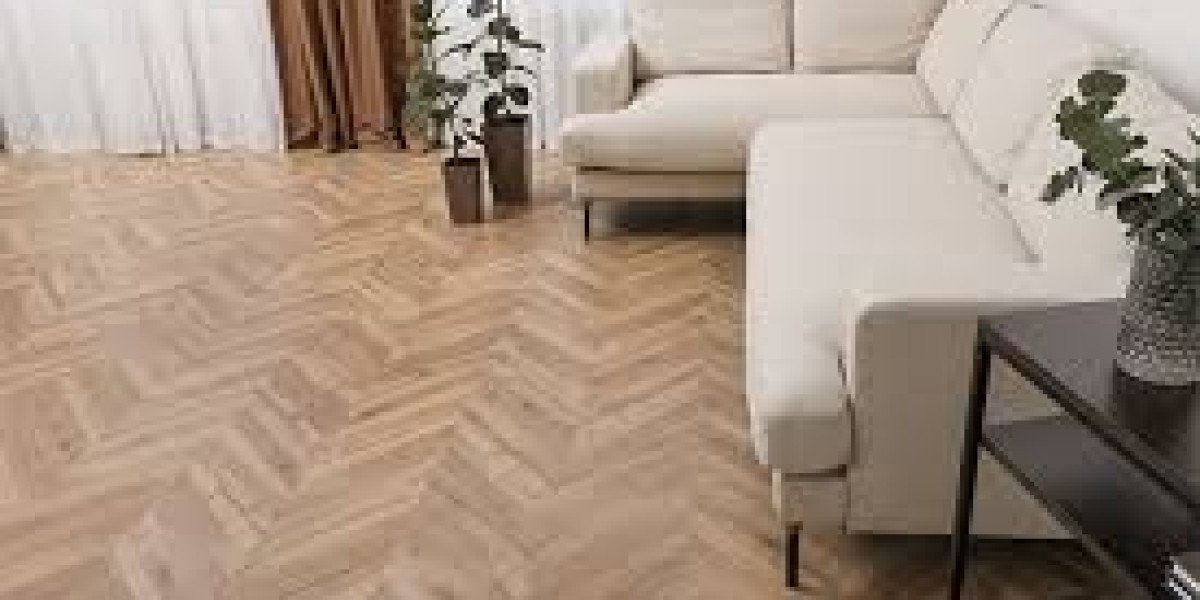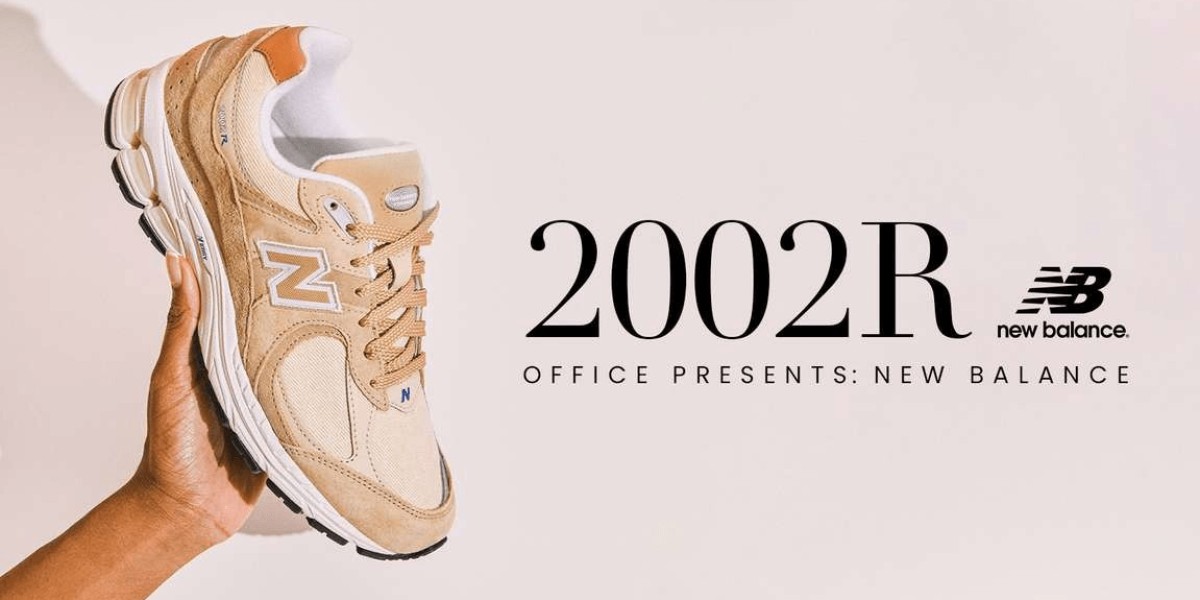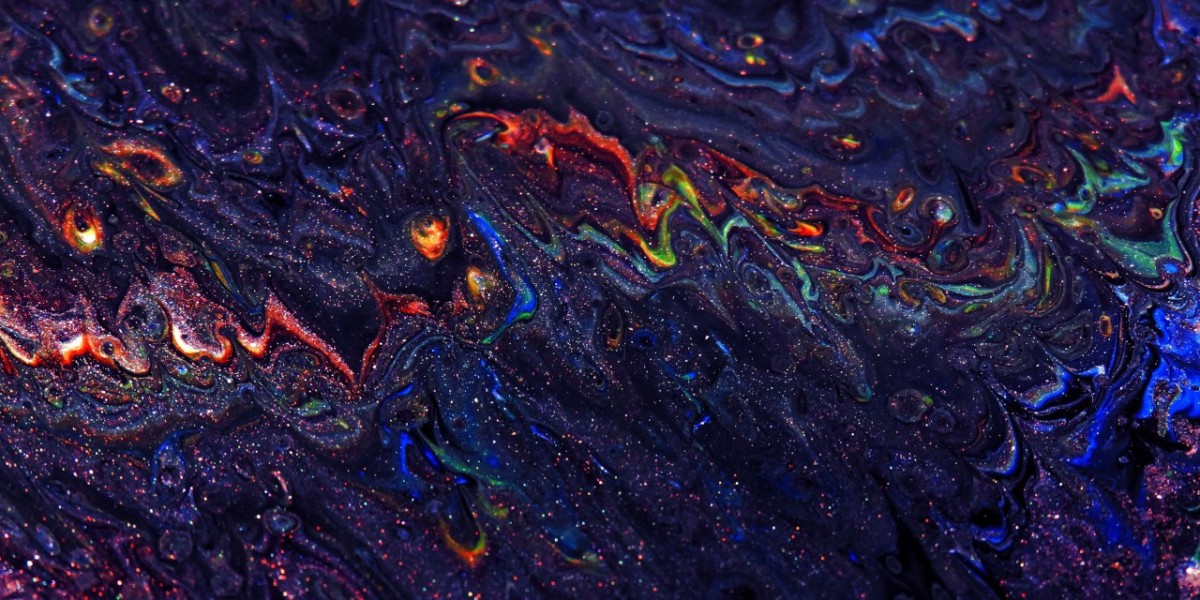Introduction
If you own a pet, you are already aware that, in addition to the joy they offer to your life, there are some negatives. Pets are notoriously untidy and can cause havoc on your home's floors. Vinyl flooring can be a sensible and cost-effective way to keep you and your four-legged pals happy. Explore the benefits of vinyl flooring and discover how to shop for it.
The Benefits of Vinyl
First and foremost, families with pets require flooring that is simple to clean. Vinyl is one of the easiest flooring materials to keep looking good, even with the messiest of pets. If Fido or Whiskers drags mud across the floor, a damp mop quickly removes the prints, while fur, litter, or kibble can be easily swept or vacuumed up.
Vinyl may be thoroughly cleaned with warm soapy water to remove the nasty "accidents" that pets are prone to. Best of all, vinyl does not discolor or retain odors, so once cleaned, those incidents may be forgotten—and forgiven.
Does your cat enjoy playing in the water bowl? Does your dog gulp and splash when it drinks? Spills and splashes can permanently harm certain flooring, but vinyl cleans up easily and looks no worse for wear.
Vinyl is softer underfoot than many other flooring options, making it more suitable for pets who spend a lot of time on the floor. It is also less slippery than ceramic flooring, reducing the number of times pets slide or scrabble for traction.
How to Shop for Vinyl
Not all vinyl items are created equal, and in most cases, you get what you pay for. Vinyl flooring is available in both standard sheet and plank styles, as well as click-together tiles known as luxury vinyl tiles (LVT). Vinyl sheet is less expensive, but less durable.
When shopping for a pet-friendly home, look for a waterproof vinyl product. While vinyl flooring is generally water resistant, it is not always waterproof. Vinyl flooring is vulnerable at the joints and may allow liquids to leak through to the subfloor, causing damage and creating persistent odors.
However, waterproof vinyl flooring holds moisture on the surface, allowing it to be properly cleaned while protecting your subfloor and reducing undesirable odors.
Vinyl is also prone to scratching and peeling. Vinyl flooring contains a protective coating known as the wear layer. The thicker the wear layer, the better the flooring will withstand daily wear and tear, particularly from your pets' claws.
Wear layers are also created from a variety of materials that can withstand differing degrees of damage. A vinyl no-wax coating can only withstand mild use, but urethane can withstand moderate to heavy use, and enhanced urethane can withstand even the most intense home use.
Another advice for purchasing vinyl that is strong enough to sustain everyday use with pets is to seek for thicker vinyl. In general, thicker vinyl flooring will last longer.
If your pet is a small Chihuahua or a nine-pound cat with nicely trimmed nails, you may not need to worry about heavy-duty vinyl with a premium wear layer; however, if your household includes a 150-pound mastiff, you'll want to use the most durable vinyl materials available.








